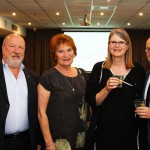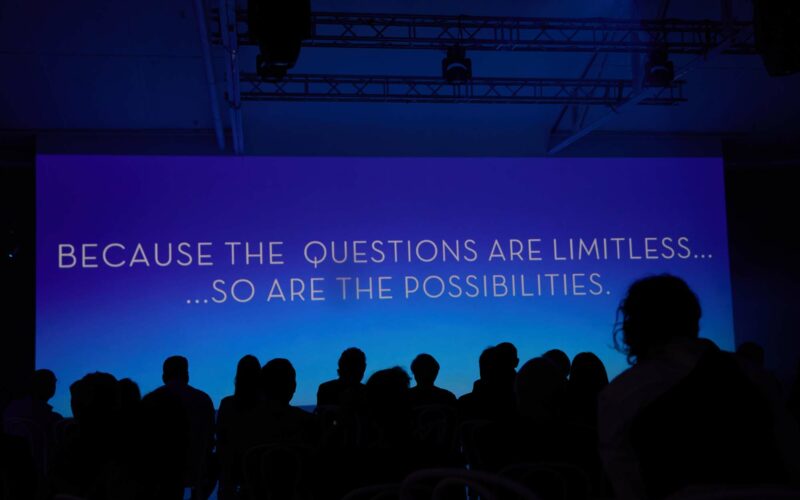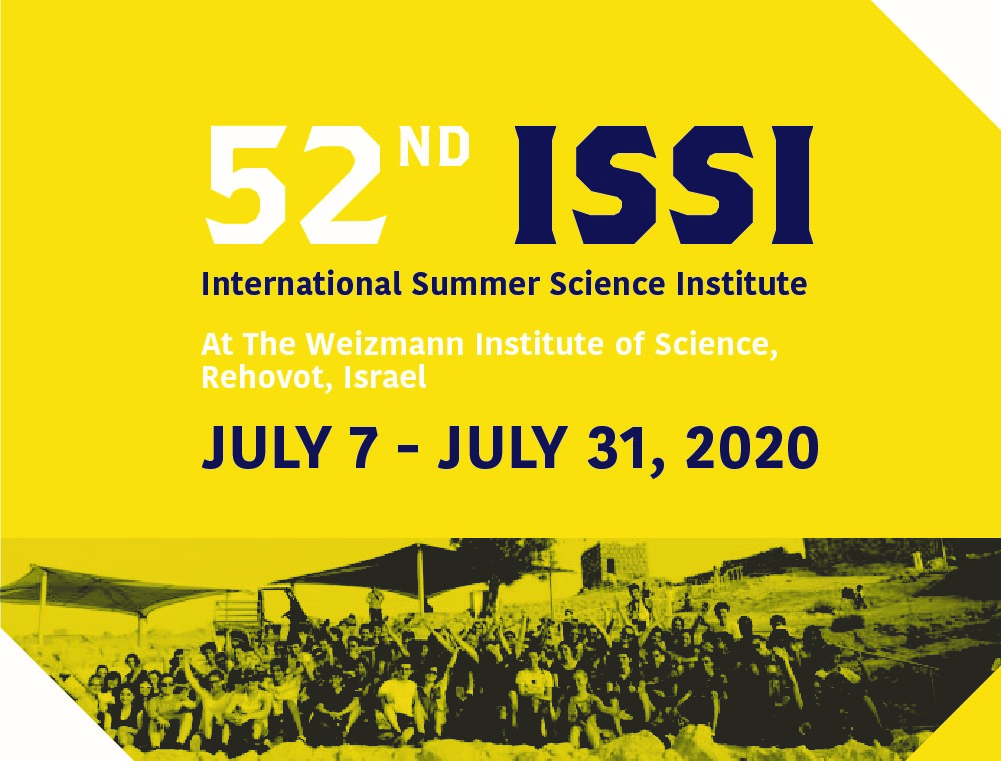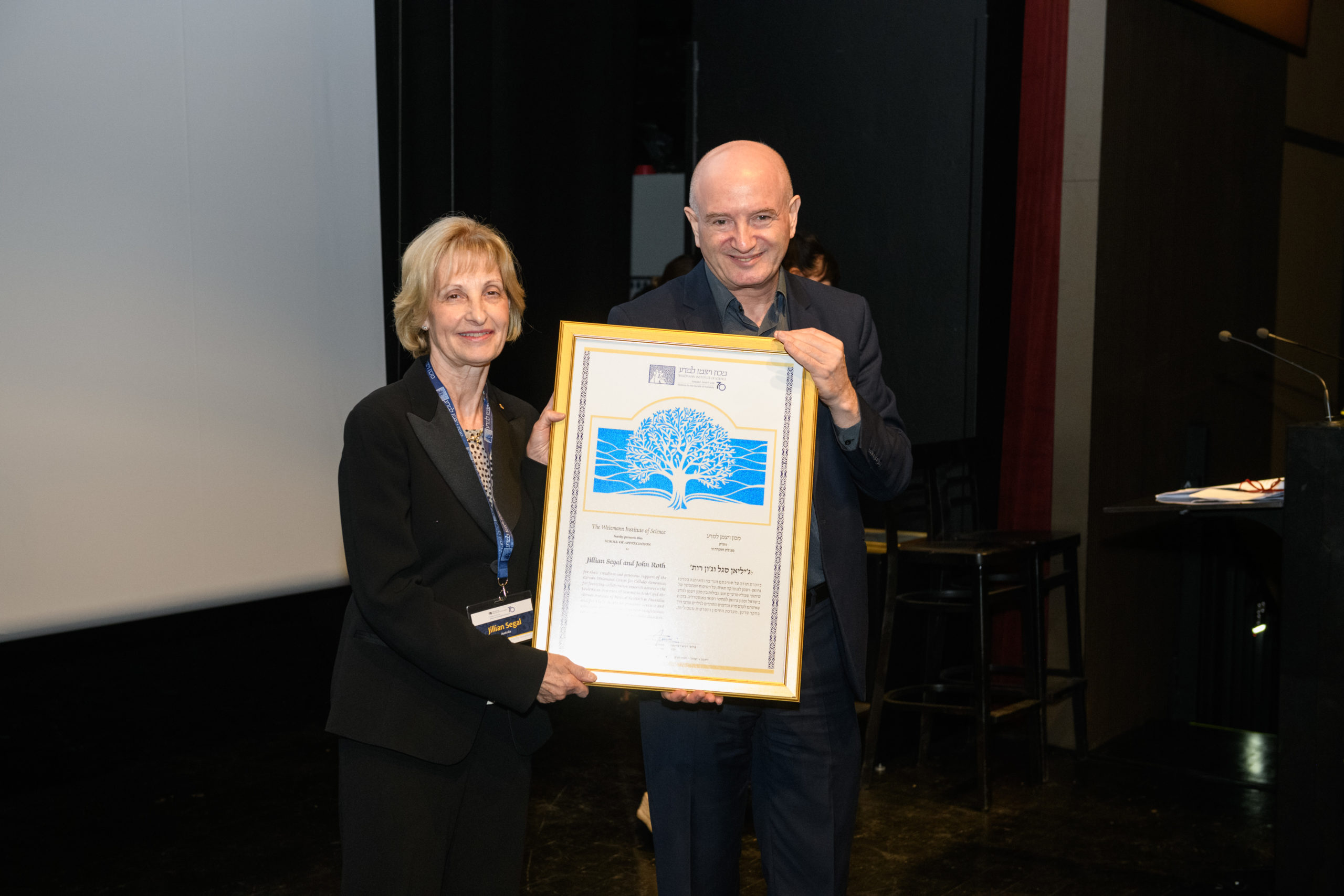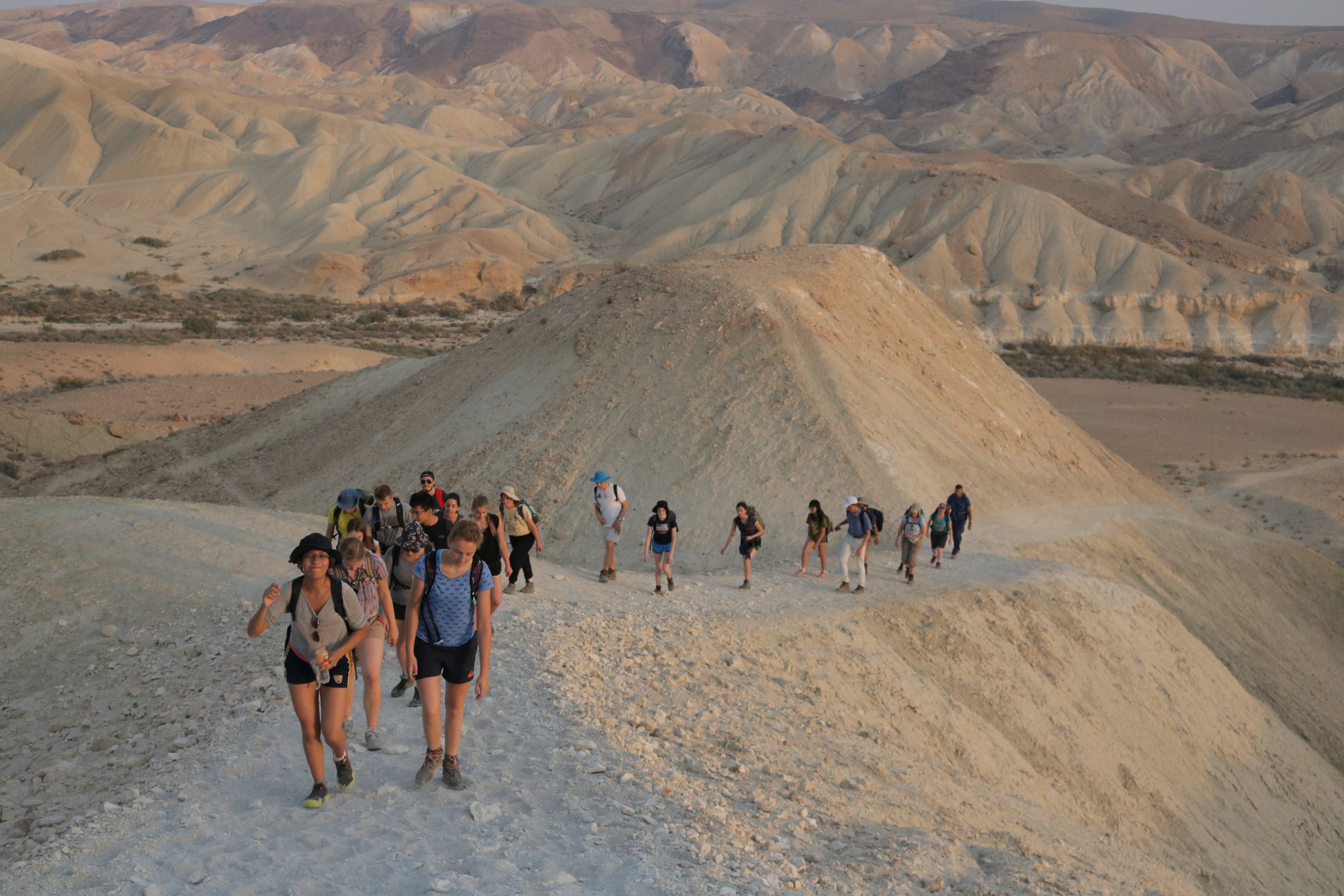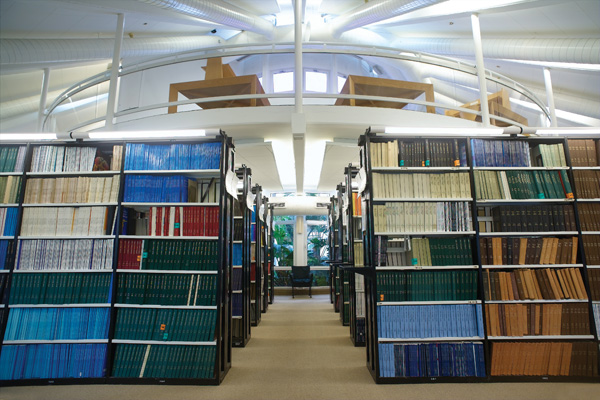
October 28, 2015
“From the start, Feinberg students are embedded in a research program, where they are full partners in helping us to achieve the Institute’s goal: science for the benefit of humanity.”
Prof. Daniel Zajfman, President, Weizmann Institute of Science
OUR GRADUATE CULTURE
If you are contemplating graduate studies at the Weizmann Institute of Science in Israel, you are contemplating a unique learning experience at the Feinberg Graduate School. A learning experience that nurtures curiosity-led independent research, supported by cutting-edge technology. You are potentially about to experience a multi-disciplinary model of research that spans a range of scientific fields; inspiring you to foster life-long collaborative relationships with your peers and mentors. You may also be contemplating the experience of living in a foreign country whilst being able to carry out all your classwork in English. But most of all, you are likely to be excited about your potential as an international scientific leader; driven by an outward passion to develop science for the benefit of all.
A passion for science is tangible at the Weizmann Institute, and creative curiosity leads scientists to undertake bold, daring and highly ethical research – in partnership with students at the Feinberg Graduate School.
These partnerships mirror the shared culture of the Weizmann Institute. The popular Weizmann Wave blog reflects on this strong culture of knowledge sharing, supported by its multi-disciplinary outlook: “Multidisciplinary studies are the rule at the Weizmann Institute, and indeed, at the Feinberg Graduate School,” the blog reads. “A theoretical physicist drinks a cup of coffee with a molecular biologist in the cafeteria and the next thing you know, they are enlisting a mathematician to help them map complex gene networks in cancer. Or a chemist may be inspired to mimic biological molecules in assembling nanostructures. Everywhere one looks, scientists from different fields are talking to each other and working together – and once in a while, these collaborations give rise to new whole new areas of research.” In support of this collaborative outlook, the Weizmann Institute of Science prides itself on its family-like atmosphere. Every scientist at the Weizmann Institute works closely with the graduate students and this shared vision is nurtured from day one. As Professor Addadi, Dean of the Feinberg Graduate School observes: “About half of the Institute’s scientific staff are students, and students can only be as good as the education they receive.”
THE GRADUATE PROGRAMS
The Feinberg Graduate School welcomes overseas students, with classes conducted entirely in English, and scholarships provided to each student to enable them to focus on their research.
Graduate programs at the Feinberg Graduate School lead to either a Master of Science (MSc) and/or Doctor of Philosophy (PhD). Study programs are offered in five major fields of study: Physical Sciences, Chemical Sciences, Life Sciences, Mathematics and Computer Science and Science Teaching.
Applications to the PhD tracks are accepted throughout the year, while applications to the MSc degree must be received before the end of May for the following academic year, typically beginning in late October. In addition to the degree programs, the School administrates the Postdoctoral Fellowship Program at the Institute. Applications to this program are accepted throughout the year. The Weizmann Institute welcomes outstanding post-doctoral candidates, and will fund their initial visits to the campus to meet with faculty scientists and explore post-doctoral opportunities.
THE NEXT STEP
If you are contemplating graduate study at the Feinberg Graduate School, you are encouraged to learn more about the School at this link. To learn more about the application processes for Australians, including relevant student visa information, please contact WEIZMANN AUSTRALIA.
“The high scientific level, the international atmosphere and the serene environment allowed me to delve into my favourite subjects.”
Feinberg graduate, Dr. Elazar Zadok

